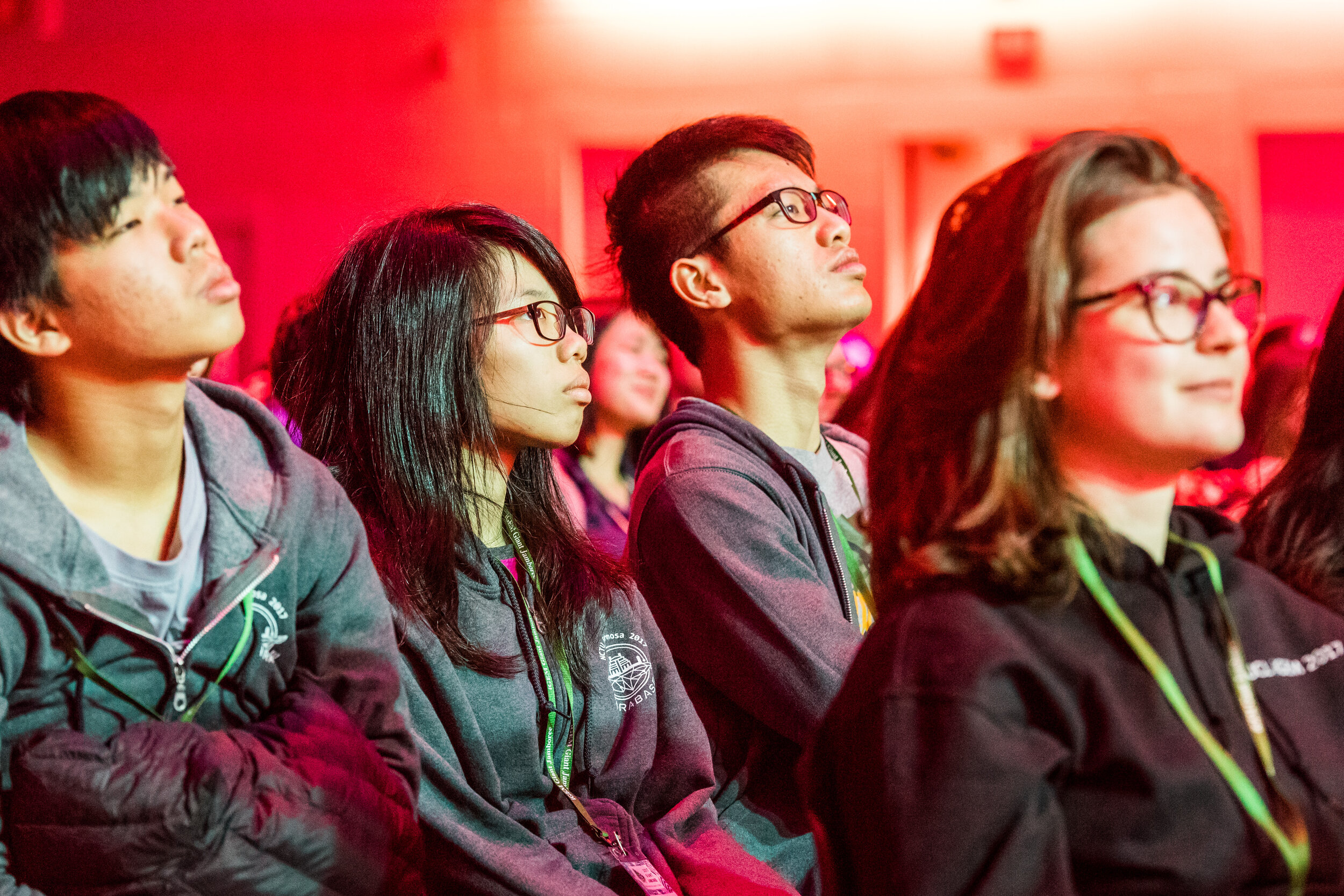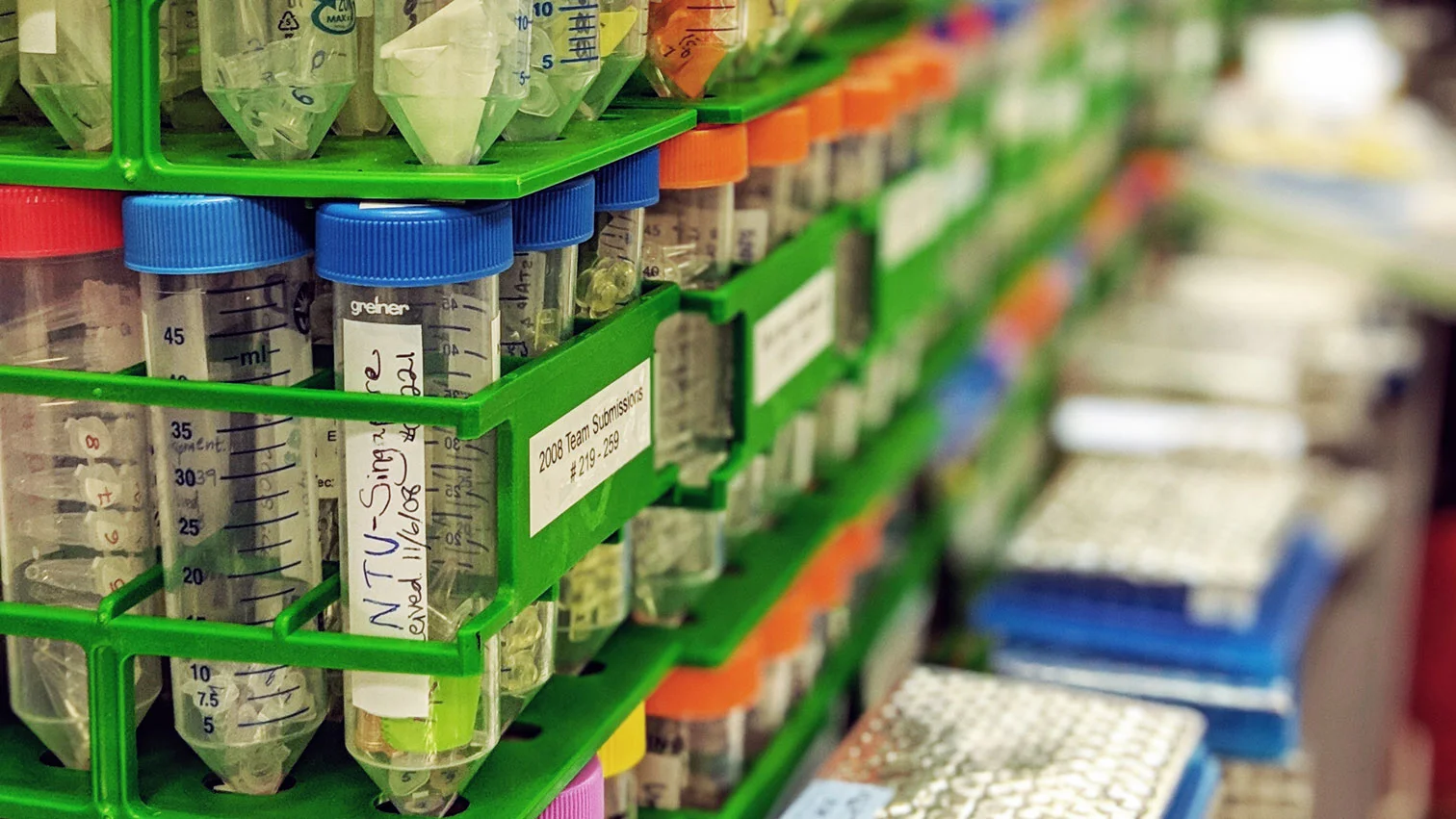A community, a field, an approach: iGEM’s new purpose
“Synthetic biology is a community, a field, and an approach”
There have been many definitions of synthetic biology over the years, but I especially like the definition offered by my friend and colleague, Megan Palmer. I find her definition quite telling because it shows just how unique what we are doing at iGEM actually is. The definition requires three different components:
A community – the people that surround you,
A field – this new discipline, and
An approach – a philosophy, a way of thinking.
A community
A community comes from a group of people with shared experiences. While you’re participating in the iGEM competition, you are doing so with your team. But then remember, there are over 300 teams out there going through that same experience. Everyone has their own reasons they want to participate in iGEM, but at the end of the season what you will all get is a shared experience and core values.
This may not mean much right now, but as you continue your season, as you continue your careers, this will come to mean more to each of you. Almost all of the people you’ll meet through iGEM – those who serve as judges, or on a committee, or as a mentor or instructor – could tell you about their shared iGEM experience. All you need to say are two words in a hushed whisper: Wiki freeze.
A field
Rewind 17 years … iGEM was just getting started as a summer competition in 2004. Since then, iGEM has grown to what you know today – the premier synthetic biology competition, with over 300 teams from 45 countries around the world.
60,000 people have participated in iGEM over the past 17 years. iGEMers have gone on to create companies, to build synthetic biology programs at universities, to contribute to ground breaking research, and more. We are, of course, at the beginning of yet another year that will bring hundreds of new projects and thousands of new iGEMers – you all!
In the very beginning, the purpose of iGEM was to test whether applying engineering principles to biology in order to build systems was possible. iGEM was founded by four engineers, and they saw that biology was building astonishing systems, better than anything human engineers could build. Like a houseplant – it can self-repair, it can self-replicate, you cut off a leaf and it doesn’t die. They asked: How can we learn to do that? How can we harness that? We’re engineers, we think we can build that. And in order to test whether this was possible, they created iGEM.
Why create a student competition if you want to start a new field? Because they were surrounded by brilliant undergraduates who didn’t have any preconceived notion about what was possible or not. So, teams tried wild projects. They made parts. They failed a lot. They got inspired and wanted to do more.
iGEM kept growing and growing, and the field kept growing and growing. Over 17 years later, we see that yes, it is possible to build with biology, and in fact there is now a whole field dedicated to it.
An approach
So now that we have built this field and gathered the tens of thousands of people who are carrying it forward, what is the purpose of iGEM?
iGEM is about local people, solving local problems, everywhere in the world. Last year, teams worked on bioconcrete tetrapods and bacteria that recycled phosphorous, photosynthetic microalgae and fire-fighting foams from frog proteins, chronic inflammatory disease and mercury poisoning. What do all of these projects have in common? They all address a problem that teams saw was affecting their homes, their neighbors, their area.
It is not ok for this technology that we are working so hard on get developed only in the US or in Europe. It is not ok to work only on problems that Silicon Valley thinks need to be solved. Will the industry be made up of 2 or 3 giant companies who will solve everything? What happens if you live someplace where your problem isn’t important enough to be solved?
This is iGEM’s new purpose: to make sure that the field of synthetic biology, and all of the power that this technology holds, gets developed everywhere by everyone.
So how will we do this?
With new programs like iGEM Leagues. This year we’re piloting one, next year we’d like to have five.
With new technologies like video and remote participation. We got thrown into it last year, but it won’t go away, it will just get better.
And, most importantly, with you. It is up to you to make sure this technology gets developed everywhere in the world.
For the next few months, work hard and enjoy iGEM. Then after that, remember iGEM. And most of all, do your part to make this a world that you want to live in.
Watch Meagan Lizarazo discuss iGEM’s new purpose at the iGEM 2021 Opening Weekend Festival:










